Jon Hughes (London) p.28-45
2007 Issue 2
Abstract
This article presents, in its social and historical context, an account of the relationship between cultural-political discourse and the conceptualization and practice of sports in the Weimar era, a period in which sport underwent extraordinary expansion and development. It attempts to elucidate the manner in which the cultural debates prompted by sport, and the popularity of sport, can be said to reflect cultural faultlines. Drawing on a broad range of journalistic and literary responses to sport, the article considers rival conceptions and definitions of sport, perceptions of the connections between sport and national identity, criticism of the emphasis upon performance and records, and of the commercialization of professional sport at the expense of amateur Volkssport, and the ambivalent relationship between art and sport. It includes a detailed case-study examination of responses to a particular sporting phenomenon of the era, the hugely popular Sechstagerennen (six-day bicycle races) in Berlin. Authors considered include significant names such as Bertolt Brecht, Erich Maria Remarque, Egon Erwin Kisch, Joseph Roth, and Alfred Polgar, as well as significant contemporary sports theorists such as Willy Meisl and Carl Diem.
